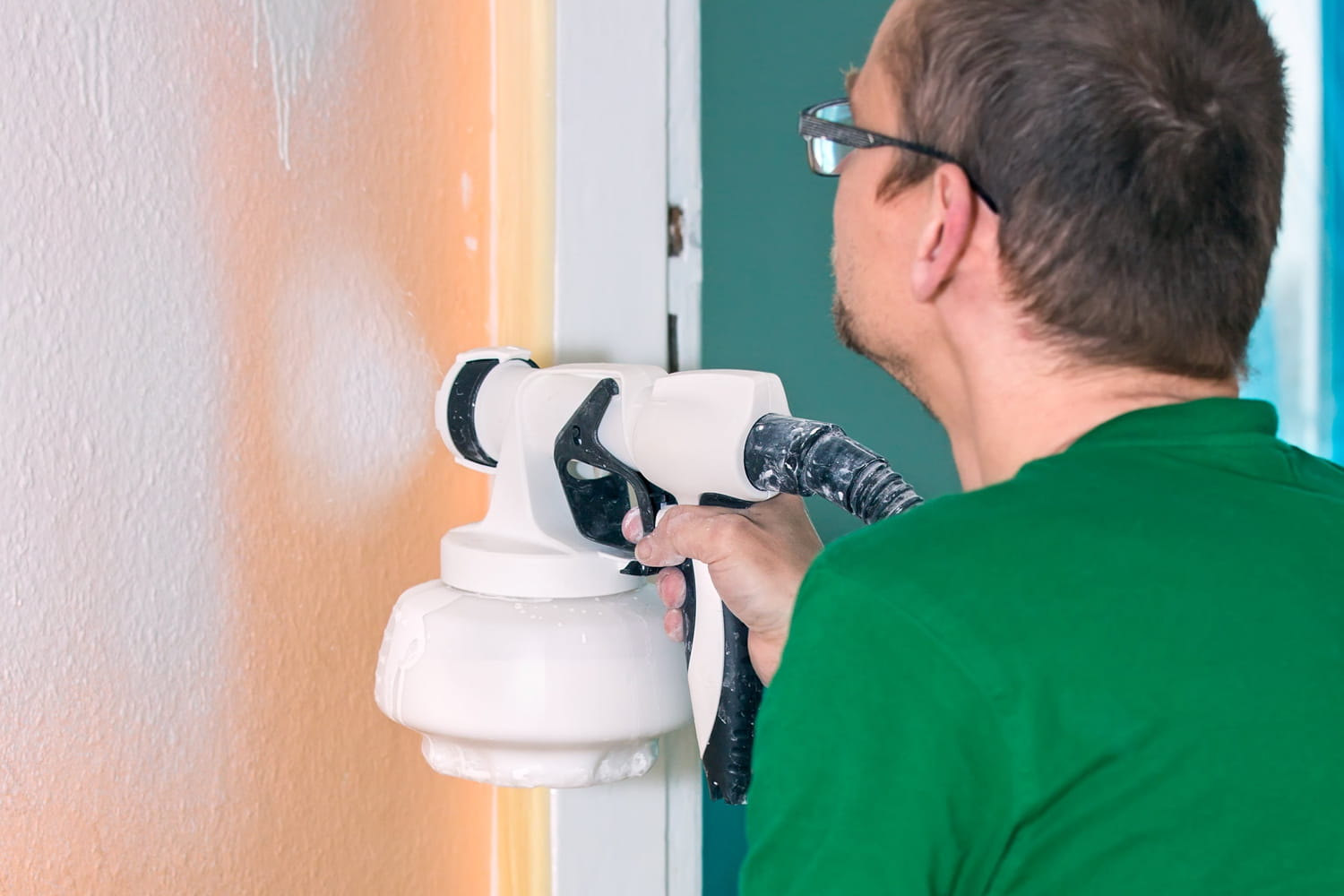Its impact is particularly convincing after 65 years.
Aging reduces autonomy. This can be manifested by a difficulty, even an inability, to carry out tasks or activities of daily life, such as cleaning, gardening, cooking … We also become less autonomous because the mobility of the body is less. Some people will find it difficult to walk, to dress alone … According to an American-Taiwanese study, a drug could accelerate the aging of the body and the loss of autonomy of the elderly.
It was by conducting a study on sleep that researchers discovered. They analyzed the data of more than 6,700 participants over the age of 65, looking at the frequency of their insomnia and their associated taking of a drug to sleep. They compared this data to a “disability score” calculation from a questionnaire. Several “autoos” activities have been noted such as dressing, eating, going to the toilet and taking a shower. He also included questions about mobility activities, like getting out of bed, getting around inside and outside. For each activity, the participants were classified as “completely capable”, “vulnerable” if they used developments, reduced their participation in the activity or experienced difficulties, or “with assistance”. The highest scores representing higher handicap levels.
According to the results published in the journal “Sleep”, the disability of people increases each year with the increased frequency of symptoms of insomnia and the taking of sleeping pills. The higher the symptoms of insomnia, the higher the loss of autonomy but the more frequent consumption of sleeping pills led to an even greater increase in the incapacity scores than symptoms of insomnia alone. “Many elderly people think that sleep disorders are an integral part of aging, but this is a real problem that must be solved”commented Professor Soomi Lee, associate professor of human development and family studies and co-author of the study.
In France, “Nearly a third of people over the age of 65, or almost 3.5 million people consume sleeping pills on a regular basis” According to the High Authority for Health. The most prescribed sleeping pills are part of the benzodiazepine family (Estazolam (Nucorton), Loprazolam (Havlane), Lormétazépam (Noctamide and its generics), Nitrazepam (Mogadon), Zolpidem (Stilnox and its credits), Zopiclone (Imovane and its generics) …). The French Medicines Agency recommends that they do not exceed 3 weeks of taking as part of insomnia. For study authors, it is crucial to “treat insomnia and properly manage sleeping pills” to help prevent the disability of the elderly.








